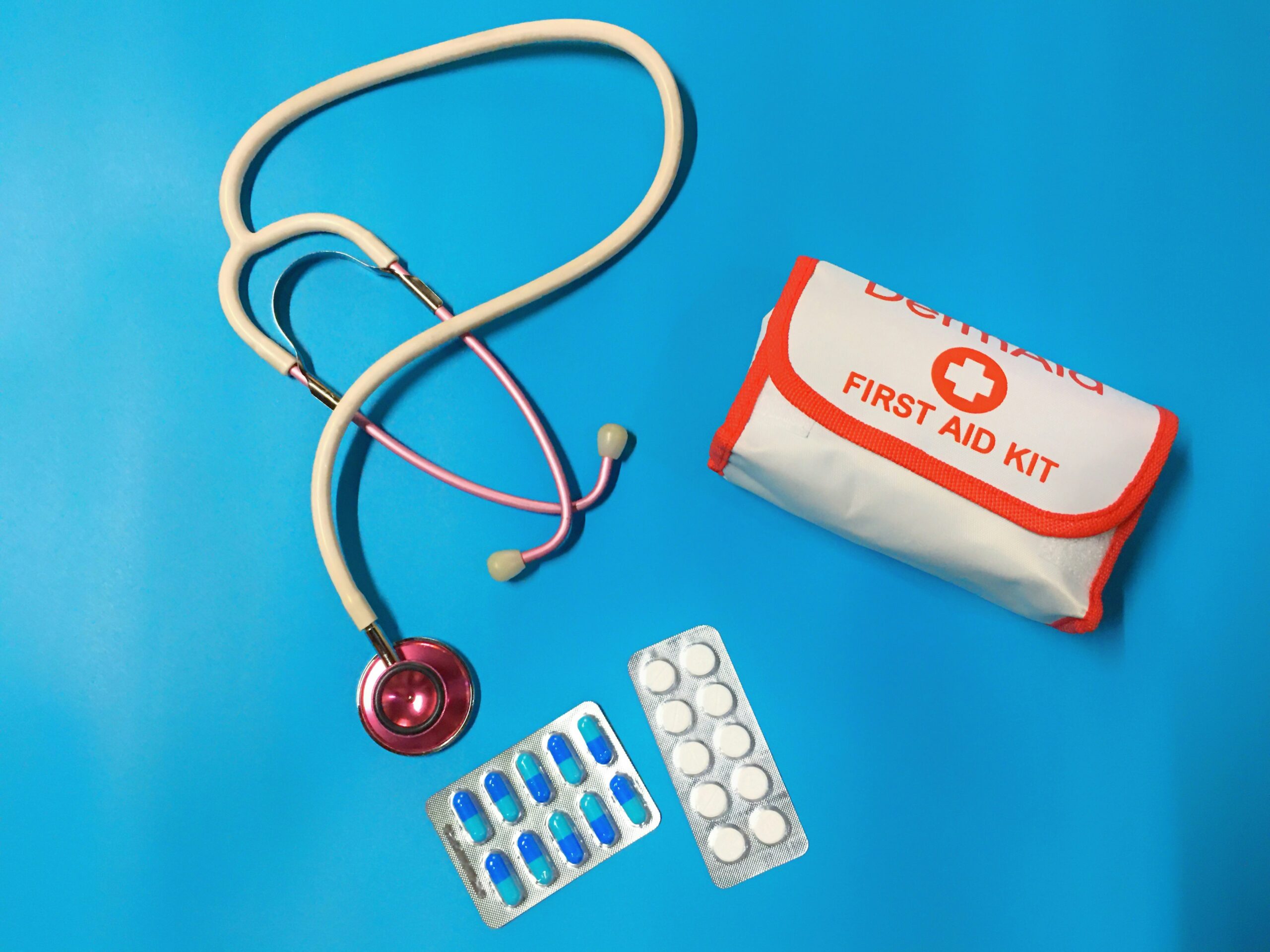
In recent years, the healthcare industry has undergone a significant transformation due to advancements in medical technology and solutions. Innovations in technology, research, and patient care have opened new doors for treating illnesses, preventing disease, and improving the overall quality of life. As we continue to progress, these changes are not only enhancing how healthcare professionals diagnose and treat patients but are also reshaping the future of medicine as we know it.
The Role of Technology in Modern Medicine
Technology has been a driving force behind many of the breakthroughs in medical solutions. From digital health records to advanced imaging tools, the integration of technology in healthcare has led to faster diagnoses and more accurate treatment plans. Telemedicine has become increasingly popular, particularly following the COVID-19 pandemic, offering patients easier access to healthcare providers without the need to visit hospitals or clinics physically. This shift has not only increased convenience for patients but also enabled doctors to manage a larger number of patients more effectively.
Additionally, wearable health devices, such as smartwatches and fitness trackers, are now commonly used to monitor vital signs, including heart rate, sleep patterns, and physical activity. These devices enable individuals to take a more active role in their health, while providing healthcare providers with valuable data to detect early signs of potential health issues.
Advancements in Pharmaceuticals and Drug Development
One of the most significant aspects of medical solution advancement lies in the development of new drugs and treatments. Researchers are now utilizing cutting-edge techniques, such as artificial intelligence and machine learning, to analyze massive datasets and identify promising compounds more quickly than ever before. This has reduced the time it takes to develop and test new drugs, allowing life-saving medications to reach the market more quickly.
Furthermore, personalized medicine is becoming more prevalent. By examining an individual’s genetic makeup, doctors can prescribe treatments that are specifically tailored to their unique needs and conditions. This approach not only increases the effectiveness of medications but also minimizes harmful side effects, offering a more precise and safer treatment option.
Surgical Innovations Transforming Patient Outcomes
Surgical procedures have seen remarkable improvements thanks to the introduction of robotic-assisted surgery, minimally invasive techniques, and 3D printing. Robotic systems now enable surgeons to perform complex procedures with greater accuracy and control, resulting in shorter recovery times and a reduced risk of complications. Minimally invasive surgery, which uses smaller incisions, also promotes faster healing and less discomfort for patients.
3D printing technology is another exciting development, allowing doctors to create customized implants and prosthetics that perfectly fit a patient’s anatomy. In some cases, even tissue and organ structures are being printed for research and experimental treatments, paving the way for future innovations in organ transplantation and regenerative medicine.
Enhancing Diagnostics and Early Detection
Early detection of disease is critical for effective treatment and better outcomes. Recent advancements in diagnostic tools have made it possible to identify diseases such as cancer, diabetes, and neurological disorders at earlier stages than before. Techniques such as liquid biopsies, genetic testing, and advanced imaging scans are becoming increasingly common in clinical practice, providing detailed and accurate information about a patient’s condition.
Artificial intelligence also plays a vital role in diagnostics by analyzing medical images and identifying patterns that the human eye might miss. AI-powered diagnostic tools are being used to detect tumors, predict disease progression, and assist doctors in making informed decisions quickly and confidently.
Improving Patient-Centered Care
Medical advancements are not just about technology and treatments—they also aim to improve the overall patient experience. A growing focus on patient-centered care ensures that individuals receive personalized attention and support throughout their healthcare journey. This includes better communication between patients and healthcare providers, increased access to mental health services, and the use of digital platforms that empower patients to manage their health more independently.
Electronic health records have streamlined the sharing of information among different medical professionals, reducing the likelihood of errors and improving the coordination of care. Patients now have access to their medical histories, test results, and treatment plans online, enabling them to stay informed and actively involved in their care.
Future Prospects in Medical Solutions
The future of medical solutions is promising, with ongoing research and innovation continually pushing the boundaries of what is possible. Advancements in gene editing, such as CRISPR, have the potential to correct genetic disorders before they manifest. Regenerative medicine, which involves growing tissues and organs in the laboratory, offers hope for patients awaiting transplants.
Additionally, the ongoing development of vaccines and treatments for infectious diseases highlights the resilience and adaptability of the medical field. As new health challenges arise, the healthcare community remains committed to finding practical solutions that improve lives and protect communities.
A New Era in Medicine
Medical solution advancements are ushering in a new era in healthcare, characterized by faster diagnoses, more effective treatments, and a greater emphasis on personalized care. From technological innovations to groundbreaking research, these developments are transforming the way we approach health and wellness. As we continue to build on these achievements, the future holds even greater promise for improving the lives of people around the world. The journey of medical advancement is far from over, but the progress made so far offers hope, healing, and a better quality of life for all.